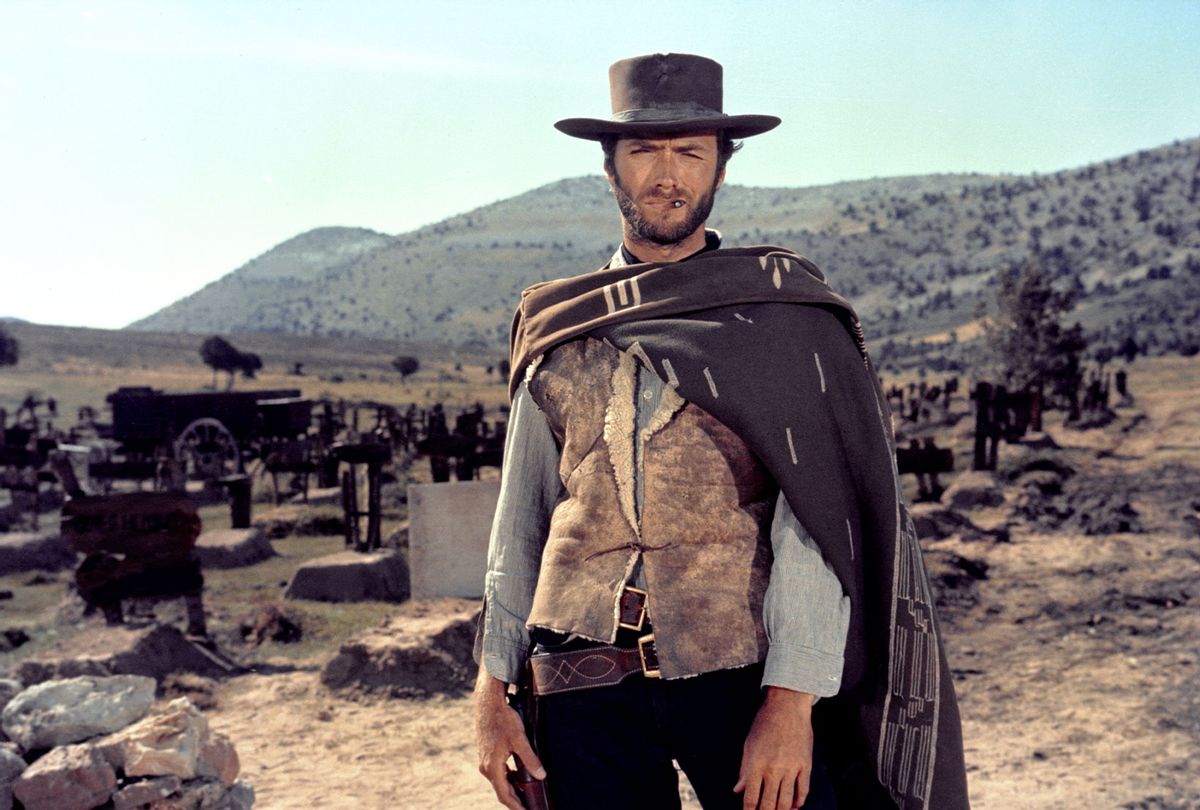English-speaking audiences rarely come across dubbed films and television programmes. This probably explains why they tend to find dubbing so, well, weird. Dubbed voices usually sound a bit flat and never quite sync up with the mouths we see onscreen. This can be off-putting and perhaps even a bit unsettling.
But since the birth of sound cinema in the late 1920s and 1930s, dubbing has been commonplace in many countries, including (looking just at Europe) Italy, Spain and Germany. Dubbing is still used in many of these countries as a way of translating foreign films and television. In Italy, the dubbing system became so developed in the 1930s that it was even used to add voices to Italian films, right up until the 1980s when the growth of TV (which used directly recorded sound) led to changes in standard industry practice.
So why did such a seemingly bizarre practice gain a foothold in these countries' burgeoning film industries? After all, aren't subtitles a better way to keep the original film intact and translate it at the same time? There are a few reasons.
Nationalist voices
In the early 20th century, much of Europe's film-going population had low literacy levels. Subtitles are useless if you can't read them (or read them fast enough). There's also the argument that subtitles ruin a film's images and keep the viewer's eyes glued to the bottom of the screen. However, perhaps the most important reason for dubbing's favour was political.
Dubbing is a brilliant tool for film censorship. Sound films began to appear in the early 1930s, a time when many countries were falling under the sway of totalitarian regimes. In Europe, these included those of Benito Mussolini, Francisco Franco and the Nazis. Censorship had been a feature of film production and distribution in Italy, Spain and Germany since before these dictatorships took power, but it increased markedly after they did so.
Italy and Spain, in particular, found dubbing ideologically useful. Mussolini's Fascists, for example, manipulated foreign films during the dubbing process by changing dialogue to remove any unflattering reference to Italy or Italians. They also used dubbing to alter morally undesirable elements of film plots. For example, the Italian dub of the 1931 American film "Men in Her Life" was altered to remove a reference to Mussolini.
Perhaps even more nefariously, they also insisted that films be dubbed into standardised national Italian (the official form of the language that was generally understood around the country). This was an effort to stop people in different regions from speaking local dialects and minority languages, and to prevent foreign words from entering Italian culture. Dubbing became a key nationalist tool that could unify and isolate Italy at a fundamental socio-cultural level.
The same story played out in Franco's Spain where dubbing kept films ideologically acceptable and marginalised minority languages like Catalan, Basque and Galician. In post-Nazi Germany, dubbing was used to alter film dialogue to play down references to the country's Nazi past and the atrocities it entailed. For example, the Nazis in Alfred Hitchcock's 1946 "Notorious" were rebranded as generic drug smugglers.
International voices?
In the post-second world war period, western Europe (with the exception of Spain) broke free of totalitarianism and literacy began to increase, but dubbing remained. This was partly because it had become an established and familiar habit. But dubbing had also become vital to the system of co-production, which European cinema was increasingly reliant upon. Co-production basically involved two (or more) production companies in different countries teaming up and making a film together. It was popular with producers as it meant they could pool resources and access grants and tax relief from multiple governments.
Like censorship, co-production had been around since the early days of commercial cinema. It was (and still is) a key initiative that allowed relatively small European countries to team up and push back against the ever-growing domination of Hollywood imports. Again, dubbing was crucial here as these co-produced films usually featured casts from several countries.
Dubbing meant that each actor could act in the language of their choosing on-set (if you watch an old dubbed film closely, you can often tell that actors are speaking different languages. Sergio Leone's "The Good, the Bad and the Ugly" is a clear example of this practice). The films were shot without sound and a range of different dubs in different languages were produced in post-production, using various teams of voice actors.
Many film directors hated this system, seeing dubbing as a way of erasing films' national origins. And some claimed it was part of a wider political drive to homogenise Europe (NATO and the Common Market were also driving European integration at this time). In other words, totalitarianism may have waned, but for many dubbing was still a political tool.
Dubbing is still used as a key method of audio-visual translation in many countries and it still attracts politicised debates. For example, the film market in French-speaking Canada has argued that dubs produced in European French are not appropriate for that territory. Dubbing frequently and unsurprisingly ends up at the centre of debates around the politics of language and cultural imperialism, the imposition of one country's culture onto another country or people.
What the political history of dubbing tells us is that even seemingly minor, technical or banal elements of film and television production can serve very concrete and significant political ends. In a world increasingly saturated with audio-visual media, we should take this lesson seriously.
Damien Pollard, PhD Candidate, University of Cambridge Centre for Film & Screen, University of Cambridge
This article is republished from The Conversation under a Creative Commons license.



Shares